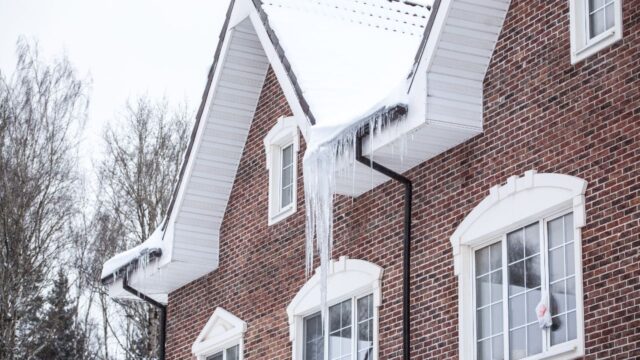
When it comes to buying a home, there are many decisions to make, and one of the most significant is whether to choose a single-family home that is detached or attached. Both types of homes have their benefits and drawbacks, and it’s important to understand them before making a decision.
What is a Single-Family Home?
A single-family home is a residential property that is designed to house one family, as opposed to multi-family homes like apartments or condominiums. Single-family homes are typically freestanding structures that sit on their own plot of land and do not share walls with neighboring homes.
What is an Attached Home?
An attached home, on the other hand, is a residential property that is connected to one or more neighboring homes. These homes can be townhouses, row houses, or duplexes, and they typically share at least one wall with their neighbors.
Benefits of a Single-Family Home
- Privacy: One of the main benefits of a single-family home is the privacy that comes with it. You won’t have to worry about noisy neighbors on the other side of the wall, and you’ll have your own yard and outdoor space to enjoy.
- More space: Single-family homes tend to have more square footage than attached homes, which means more room for your family to spread out and grow.
- Customization: Because single-family homes are standalone properties, you have more freedom to customize and personalize your space. You can add a pool, build a deck, or create a backyard oasis without having to worry about the impact on your neighbors.
- Better resale value: Single-family homes tend to have better resale value than attached homes, especially in desirable neighborhoods. This means that you may be able to sell your home for a higher price down the road.
Drawbacks of a Single-Family Home
- Higher maintenance costs: Because single-family homes tend to be larger than attached homes, they can be more expensive to maintain. You’ll need to budget for things like lawn care, landscaping, and exterior repairs.
- Less community: Single-family homes can feel isolated, especially if you’re living in a neighborhood where most of the homes are attached. You may have fewer opportunities to interact with your neighbors and be part of a community.
- Higher upfront costs: Single-family homes are typically more expensive than attached homes, especially in desirable neighborhoods with good schools and amenities.
Benefits of an Attached Home
- Lower maintenance costs: Because attached homes are typically smaller than single-family homes, they can be less expensive to maintain. You’ll likely have lower utility bills, and you won’t need to worry about exterior maintenance like lawn care and landscaping.
- Community: Attached homes are often located in neighborhoods or communities where residents have a shared sense of community. You’ll have more opportunities to interact with your neighbors and participate in social activities.
- Lower upfront costs: Attached homes are often more affordable than single-family homes, which makes them a good option for first-time homebuyers or those on a tight budget.
Drawbacks of an Attached Home
- Noise: Living in an attached home means that you’re more likely to be impacted by noise from your neighbors. You may be able to hear them talking, watching TV, or going about their daily activities.
- Less privacy: Attached homes offer less privacy than single-family homes, especially if you’re sharing a wall with your neighbors. You may feel like you’re living in close quarters, which can be a problem if you value your privacy.
- Less customization: Because attached homes are often part of a larger development or community, you may have fewer options when it comes to customizing your space. You may not be able to add a pool or make major changes to your home’s exterior without getting approval from the homeowner’s association Limited outdoor space: Attached homes typically have smaller yards or no yard at all, which can be a drawback if you enjoy spending time outdoors.
So, which type of home is right for you?
Ultimately, the decision between a single-family home and an attached home will depend on your lifestyle, budget, and priorities. If you value privacy, space, and the ability to customize your space, a single-family home may be the better choice. However, if you’re looking for a more affordable option with a sense of community and lower maintenance costs, an attached home may be the way to go.
When making your decision, it’s also important to consider the location of the home, the quality of the schools in the area, and the proximity to amenities like shopping, restaurants, and parks. These factors can have a significant impact on your quality of life, regardless of whether you choose a single-family or attached home.
In conclusion, both single-family and attached homes have their advantages and disadvantages, and the decision ultimately comes down to your personal preferences and priorities. Consider your lifestyle, budget, and the location of the home when making your decision, and you’ll be well on your way to finding the perfect home for you and your family.


































